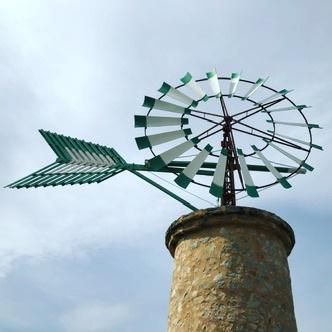What role do local environmental regulations in the Balearic Islands play in shaping sustainable almond farming practices?
Similar Topics
balearic islands regulations
sustainable almond farming
water conservation
soil fertility management
drip irrigation
integrated pest management
organic farming practices
eu environmental directives
Local environmental regulations in the Balearic Islands have a significant influence on shaping sustainable almond farming practices, reflecting the region's commitment to preserving its unique natural landscape and biodiversity. These regulations emphasize responsible land use, water conservation, and chemical management, which are critical in an area with limited natural resources and a delicate ecosystem. Farmers are encouraged, often through legal frameworks and incentives, to adopt methods that reduce soil erosion, maintain soil fertility, and minimize the use of synthetic fertilizers and pesticides. This regulatory guidance helps ensure that almond cultivation aligns with the broader environmental goals of preserving the islands' water quality and preventing landscape degradation.
Water management is a particularly prominent aspect of these regulations, given the Mediterranean climate's characteristic dry summers. The enforcement of water usage limits and the promotion of efficient irrigation technologies, such as drip irrigation, help reduce water waste and encourage the sustainable use of groundwater reserves. By adhering to these rules, almond farmers contribute to the overall resilience of the island ecosystems against the challenges posed by climate change and increased tourist demand for resources. Additionally, local authorities often collaborate with agricultural experts to provide farmers with training and technical assistance, ensuring they have the knowledge to comply with environmental standards while maintaining farm productivity.
These regulations also foster a sense of responsibility and community among farmers, promoting practices like integrated pest management and organic farming that minimize negative impacts on local wildlife and pollinator populations. The Balearic Islands’ policies often align with EU environmental directives, reinforcing the importance of sustainability and conservation within agricultural sectors. Through these measures, almond farming in the Balearics is gradually transforming into a model of environmentally conscious agriculture that balances economic viability with ecological integrity, supporting both the local economy and the enduring beauty of the islands’ natural scenery.
Water management is a particularly prominent aspect of these regulations, given the Mediterranean climate's characteristic dry summers. The enforcement of water usage limits and the promotion of efficient irrigation technologies, such as drip irrigation, help reduce water waste and encourage the sustainable use of groundwater reserves. By adhering to these rules, almond farmers contribute to the overall resilience of the island ecosystems against the challenges posed by climate change and increased tourist demand for resources. Additionally, local authorities often collaborate with agricultural experts to provide farmers with training and technical assistance, ensuring they have the knowledge to comply with environmental standards while maintaining farm productivity.
These regulations also foster a sense of responsibility and community among farmers, promoting practices like integrated pest management and organic farming that minimize negative impacts on local wildlife and pollinator populations. The Balearic Islands’ policies often align with EU environmental directives, reinforcing the importance of sustainability and conservation within agricultural sectors. Through these measures, almond farming in the Balearics is gradually transforming into a model of environmentally conscious agriculture that balances economic viability with ecological integrity, supporting both the local economy and the enduring beauty of the islands’ natural scenery.
🧩 Related Questions
Related Question
In what ways do traditional terraces, or bancales, contribute to rainwater management in Mallorca?
Related Question
How do traditional water mills compare to modern irrigation techniques in terms of efficiency and sustainability?
Related Question
Are there any special festivals or events in Mallorca celebrating sheep farming or wool production?
